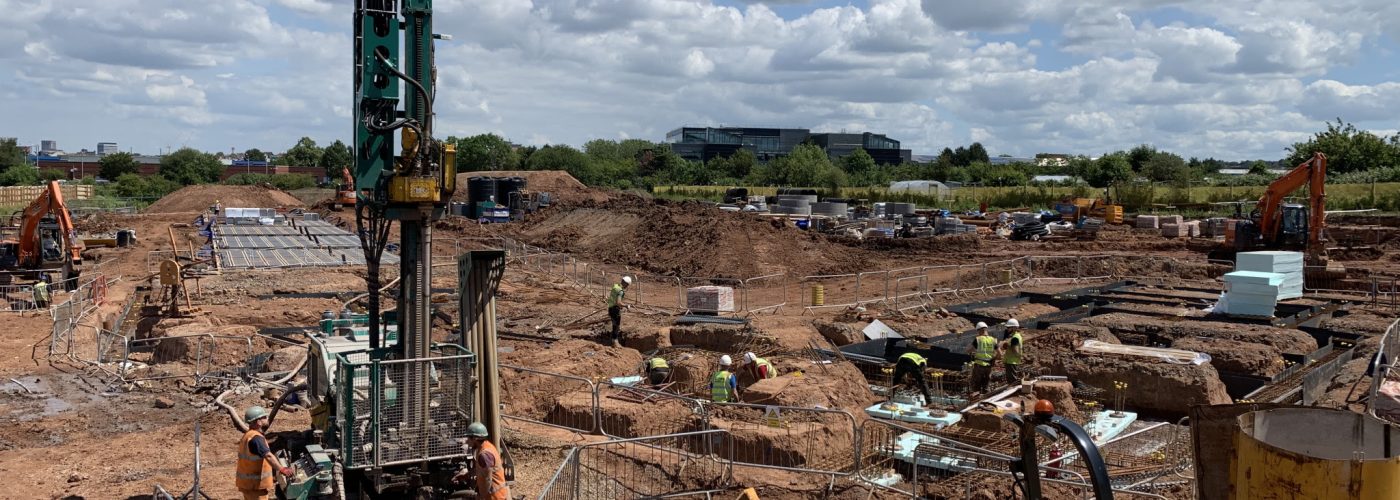Kensa Group CEO, Simon Lomax, has welcomed the Government’s long-awaited response to the recent Part L Future Homes Consultation, which states that from 2025, no new homes will be built with fossil fuel heating such as a natural gas boiler.
Mr Lomax said: “Although we would always ask the Government to be prompter and more ambitious, we generally support the response which makes clear that heat pumps are expected to become the default heating choice at new build dwellings from 2025. We also welcome the continued opportunity for local authorities to specify planning conditions which mandate energy efficiency upgrades which are more demanding than mere compliance with the emerging regulations.”
Based in Cornwall, Kensa has developed some unique solutions for the residential new build sector based upon the ultra-small Shoebox ground source heat pump which can be paired with a traditional cylinder or a heat battery. In most cases, the Shoebox is served by a shared ground array, thereby mimicking the system architecture in a traditional gas boiler arrangement.
“A ground source heat pump provides the lowest carbon solution as the technology is far more efficient than an air source heat pump, particularly on the coldest days. The Achilles heel has always been the added cost of the array. Thankfully, we can now remove that cost from the housebuilder as there are many entities who will fund the underground architecture in return for a standing charge paid by the householder. A ground source heat pump now costs no more than an air source heat pump,” added Mr Lomax.
The technology has been installed at a new build development in Bristol to help the city achieve its carbon-neutral pledge. 133 homes at Ashton Rise are being heated by individual Kensa ground source heat pumps connected to a shared ground loop array of boreholes. The installation will see each home making lifetime carbon savings of 30 tonnes compared to individual gas boilers, whilst also protecting local air quality from the harmful NOx emissions associated with fossil fuel heating systems.





